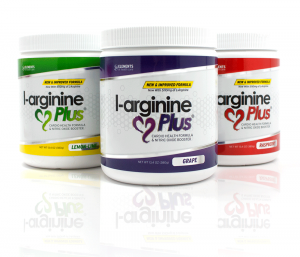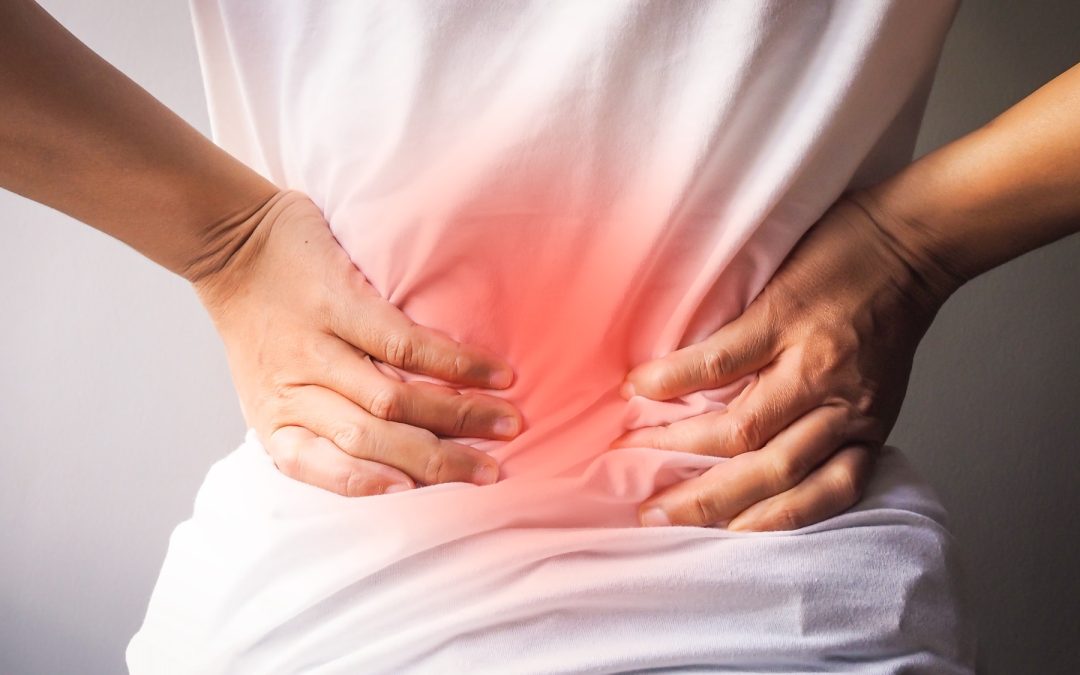No one likes experiencing pain, especially if it’s chronic – but is pain causing your blood pressure to rise? Learn about their connection.
When you feel pain, you’re experiencing an involuntary response from the nervous system that lets you know something is wrong. You may experience acute pain that’s temporary or chronic pain, and both can impact your blood pressure levels.
There is an association between hypertension (high blood pressure) and reduced sensitivity to pain. To illustrate, when you feel pain, the nervous system activates your baroreceptor reflex, which also controls blood pressure.
This reflex then tells the body to constrict circulation and increases blood pressure, which continues until you don’t feel pain. Finally, this reduced sensitivity tells the reflex to relax blood vessels, lowering blood pressure back to normal levels.
Acute and Chronic Pain
 Pain that you feel out of nowhere is acute pain and may be due to a disease, injury, or inflammation. When you feel acute pain, your blood pressure should return to normal fairly quickly after it goes away.
Pain that you feel out of nowhere is acute pain and may be due to a disease, injury, or inflammation. When you feel acute pain, your blood pressure should return to normal fairly quickly after it goes away.
In contrast, chronic pain can last from weeks to years and is generally connected to injuries, infections, or medical conditions. You may also experience it even if you don’t have any past injury or damage to your body.
Since chronic pain is always happening, the nervous system continuously tries to fix it. As a result, the nervous system loses its ability to regulate blood pressure over time. In fact, studies show that individuals with persistent pain (more than 2 years) have higher resting blood pressure.
Pain and Hypertension
If you suffer from pain and high blood pressure, you may experience neck headaches and severe headaches. You may also feel dizzy, have vision problems, nosebleeds, fatigue, confusion, chest pain, have trouble breathing, and have an irregular heartbeat.
Keep in mind that other factors may also be increasing your blood pressure such as age and family history. Moreover, there are certain factors that you can control like your diet, exercise regimen, and overall lifestyle habits.
If you want to manage your pain and hypertension without medication, you can focus on eating healthy foods. In addition, you should exercise daily, maintain a healthy weight, and avoid harmful habits like smoking and heavy drinking.
The Outlook
 Talk to your doctor about your condition if you have chronic pain and high blood pressure. They may prescribe medications to help lower your blood pressure while taking into account your existing health conditions.
Talk to your doctor about your condition if you have chronic pain and high blood pressure. They may prescribe medications to help lower your blood pressure while taking into account your existing health conditions.
In addition, you can give your blood pressure an extra boost by taking a supplement like L-arginine Plus. It can effectively promote your circulation, blood pressure health, cholesterol health, and more. Are you ready to give your blood pressure the support it deserves? Then try L-arginine Plus.

